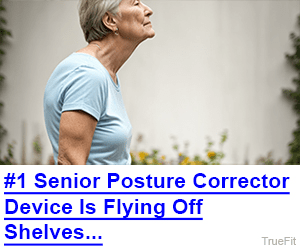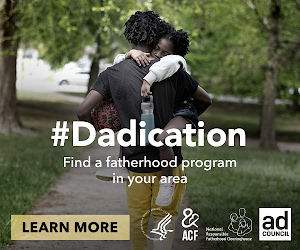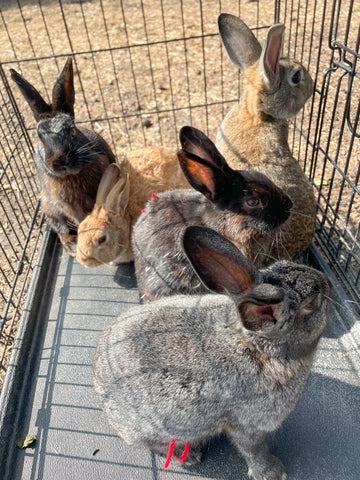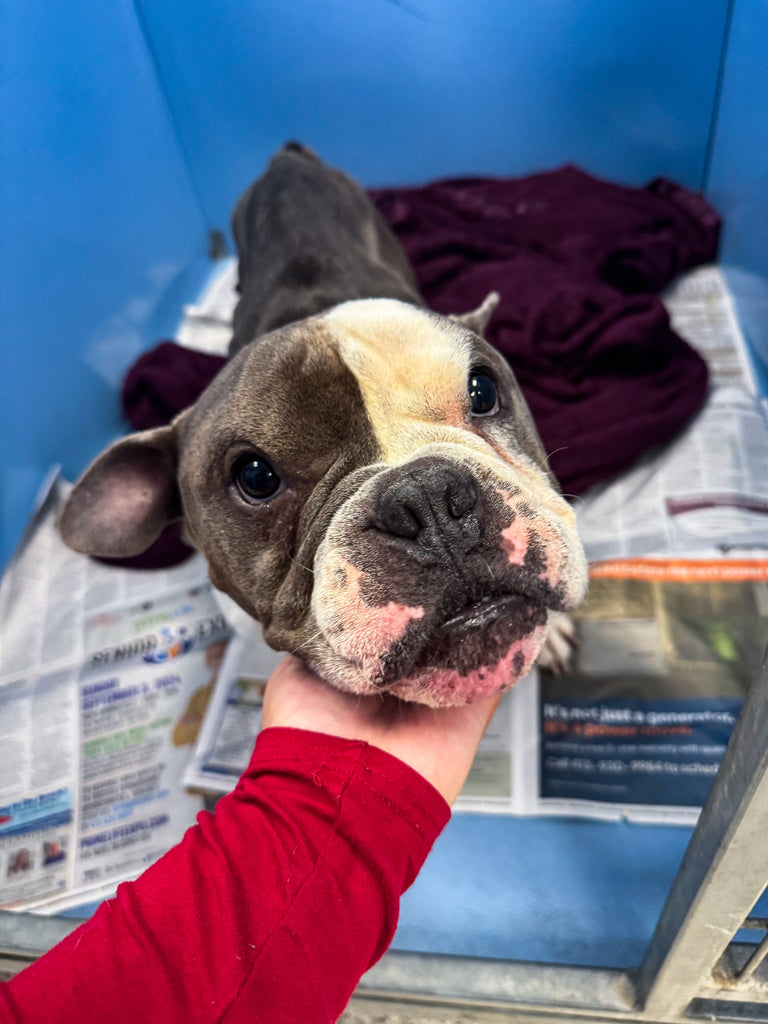For many war veterans in Northern Wisconsin, the path home from combat is not just about geography—it’s about healing. Among those battling post-traumatic stress disorder (PTSD), a unique form of therapy is offering hope and connection. At Apex Angels and Warriors, a nonprofit organization based in Gleason, veterans are finding solace in an unexpected companion: the wolfdog. This non-traditional therapy method is helping veterans rediscover trust, emotional balance, and a sense of belonging through powerful bonds with these remarkable animals.

Wolfdog therapy for veterans with PTSD may sound unconventional, but its impact is deeply personal and tangible. Jeff Yunk, a veteran and volunteer with Apex Angels and Warriors, shared his journey of transformation. After returning from service, Yunk struggled with reintegration into civilian life, describing a period where he “went down some bad roads.” That changed when he encountered Apex Angels and Warriors at a veteran’s coffee event, where founder Michelle Last introduced the program. Yunk’s story is one of many that highlight how these hybrid animals are helping veterans reconnect with themselves and others.
The organization was born out of personal loss. Michelle Last, whose parents both served in the Vietnam War, founded Apex Angels and Warriors after her father died by suicide due to PTSD. “I made it my mission that I wanted to help veterans,” Last explained. “I didn’t want, you know, people to end up like my Dad with no other option.” Her commitment to creating a safe, therapeutic space for veterans has led to a program where healing happens not in sterile rooms, but in the open, among animals that mirror the complexities of those they help.
According to Yunk, the connection between veterans and wolfdogs is both immediate and profound. “So when these wolf dogs click to someone, that’s their go-to person,” he said. “They will scent roll all over you. They just go nuts for that one person.” This bond is more than affection—it’s a form of mutual recognition. Many of the veterans who come to Apex are grappling with feelings of isolation, hypervigilance, and emotional numbness. The wolfdogs, often misunderstood themselves, offer a relationship built on instinct, loyalty, and nonverbal communication.
What makes this form of PTSD support for veterans so impactful is the reciprocity of the relationship. The wolfdogs are not simply tools of therapy; they are companions with their own needs and personalities. This dynamic encourages veterans to engage in caretaking roles, fostering responsibility and empathy. Over time, these interactions can help rebuild emotional pathways that trauma may have disrupted.
Yunk emphasized that both veterans and wolfdogs face societal misunderstanding. “People say sometimes we’re crazy, sometimes we’re unpredictable,” he noted. “Sit down with the veteran. We’re not that bad—neither are these dogs.” His words reflect a shared experience of being misjudged, and the healing that comes from being truly seen and accepted. Since joining Apex, Yunk has noticed significant improvements in his relationships with friends and family, suggesting that the benefits of this therapy extend well beyond the organization’s grounds.
I found this detail striking: the idea that healing can come from a creature as wild and enigmatic as a wolfdog. It challenges conventional notions of therapy and underscores the importance of individualized approaches to mental health. For veterans who may not respond to traditional treatments, programs like Apex Angels and Warriors offer a vital alternative.
The therapeutic bond between humans and animals is well documented, but the use of wolfdogs introduces a compelling layer of complexity. These animals, part wolf and part domestic dog, embody both wildness and loyalty. They require patience, respect, and a willingness to engage on their terms—qualities that mirror the journey many veterans must undertake in their own recovery.
While the program is rooted in Northern Wisconsin, its implications are far-reaching. It invites a broader conversation about how society supports those who have served. Mental health resources for veterans are often stretched thin, and innovative solutions like wolfdog therapy highlight the need for diverse, accessible options. Apex Angels and Warriors is not just offering companionship; it is creating a community where veterans can reclaim agency over their healing.
As awareness of PTSD continues to grow, so too does the importance of expanding therapeutic models. Programs like Apex remind us that healing is not one-size-fits-all. For some veterans, the path forward may be found in the eyes of a wolfdog—fierce, loyal, and unafraid to meet them in their pain. It is a testament to the power of connection, and to the resilience of those who have served.











